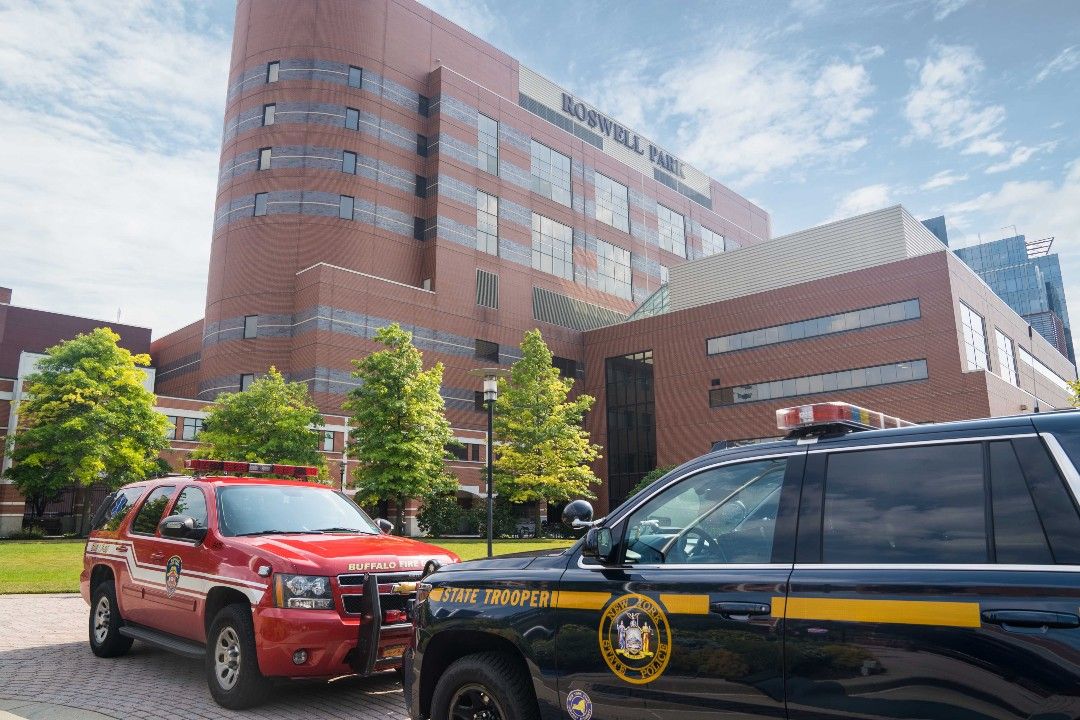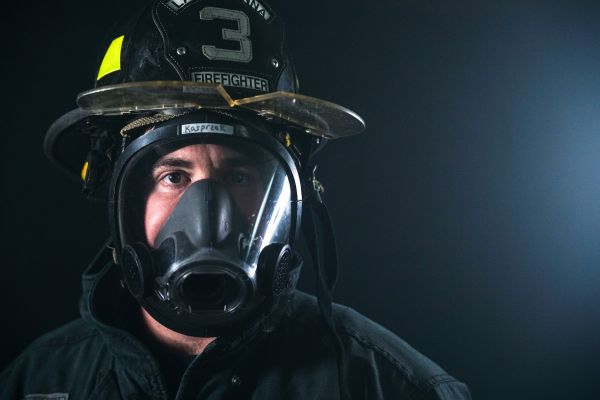When the twin towers of the World Trade Center fell 20 years ago, first responders from across the country packed up their emergency equipment and made the trip.
They gave no thought at the time to the dangers they were facing; it was simply the right thing to do, and they were prepared to serve.
Unfortunately, thousands of men and women who attended to the dangers in New York City, Pennsylvania and the Pentagon would later develop cancer from the toxins they were exposed to in those area, even if they weren’t directly on smoldering piles of rubble.
For years, first responders who were diagnosed with cancer related to the September 11, 2001 attacks had to make the long trip to the Mount Sinai Health System in New York City to have their cancers certified as related to the World Trade Center attacks, and they needed to have their treatment there as well or with other providers in the program’s network other facilities that don’t specialize in cancer care.
Care closer to home
Things have changed now.
As of July 2021, Roswell Park can now treat any first responder whose cancer has been certified under the World Trade Center Health Program and have it covered by the federal program. A trip to Mount Sinai for certification is still required, but any first responder in the region can now be treated much closer to home.
“For me to be able to let people know that you can come here to Roswell Park, you can stay close to home, you can get care quickly and it’s great care, you can see the relief in their eyes,” says Charles Murphy, the Troop T delegate with the New York State Troopers Police Benevolent Association. “It’s such a small thing, in my world, to say you can stay close to home, but it means so much to them and their family.”
Charles says there was a female officer, part of his graduating class, who might have been eligible for the World Trade Center Health Program, but by the time her cancer was diagnosed, she didn’t have the energy or strength to have her case certified. The travel to New York City would have been too much strain and stress on her and her support team.
“It’s so daunting to have to go to Mount Sinai and get certified and do the travel. It’s not just having to drive six hours and get a hotel room and park the car. The person is sick. It’s difficult to walk. They’re weak due to the treatment they need to fight their cancer. They can’t carry things. In some cases, they’re radioactive from the treatment.
“The reality is, if you’re going through cancer, you need your support system,” he continues. “You can’t always bring people six to eight hours away from home. It’s a discouraging battle you have to fight, and it’s a difficult battle you’re going to fight to win, but you need the people you love around you to help you get through it.”
He speaks of one now-retired first responder who was diagnosed with a rare and aggressive form of thyroid cancer more than a decade after the attacks. His cancer was certified under the World Trade Center Health Program, but his treatments involved a radioactive element that would have made it impossible for him to get a hotel room during treatment, or for his wife to drive to Manhattan in the same vehicle with him. This officer instead chose to be treated at Roswell Park, under private insurance, to have his care closer to home. It made all the difference in the world to this officer and his family, Charles says, because the officer didn’t have to go through it alone.
A new opportunity for first responders
There are some 1,600 first responders across the Western and Central New York area who now have the option to be treated for their cancer at Roswell Park, the culmination of years of hard work on behalf of men and women who answered the call.
The change is welcomed by many officials, including Thomas H. Mungeer, president of the New York State Troopers Police Benevolent Association.
“This is welcome news for our members in Western New York,” he says. “We are pleased that Roswell Park Comprehensive Cancer Center will be able to provide care for our brave 9/11 first responders much closer to home and negating the need to travel to New York City for treatment.”
In the three months since Roswell Park announced its designation as part of the World Trade Center Health Program, there’s been an increase in calls to the state troopers’ union, with retirees and some older active-duty officers looking for information, Charles says.
“Overall, people are extremely excited for the opportunity to come to Roswell and not have to travel,” he says. “There’s a safety net for people around Western New York with Roswell Park. It’s a name that carries a lot of weight and comfort.”
More information
More information on the World Trade Center Health Program is available here or by contacting Ashley Snowden at 716-845-3195 or Ashley.Snowden@RoswellPark.org.

